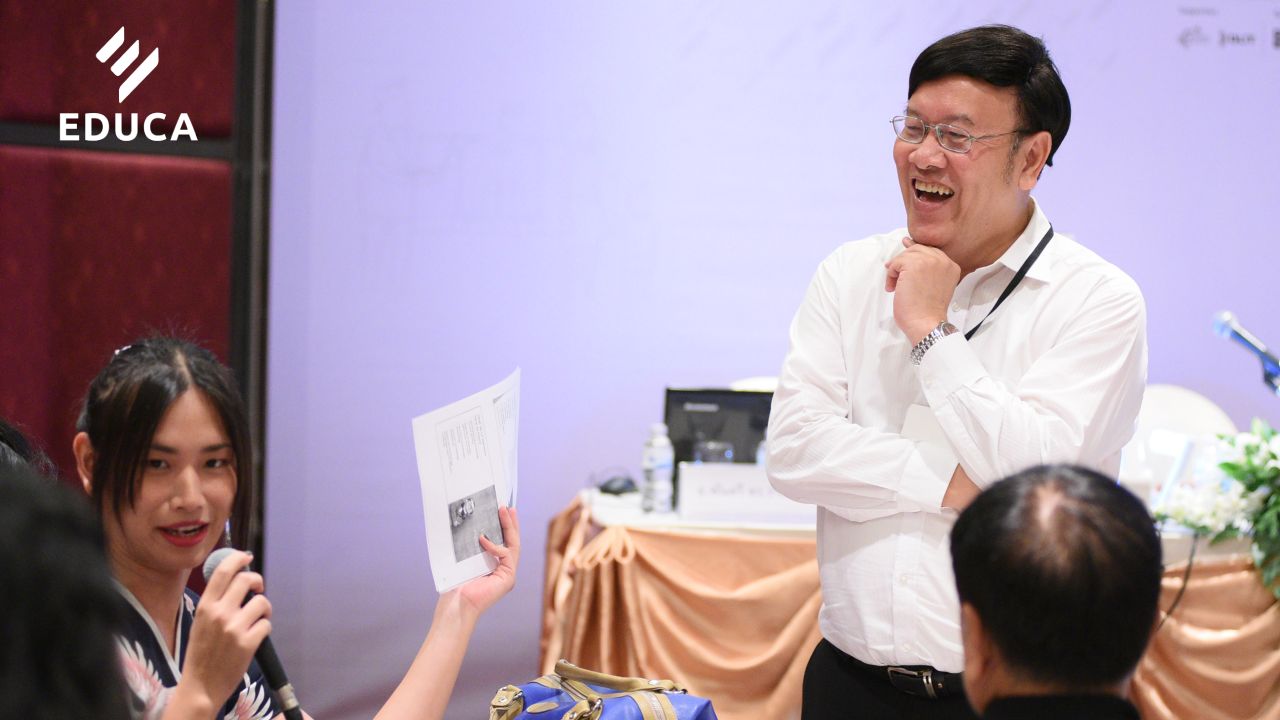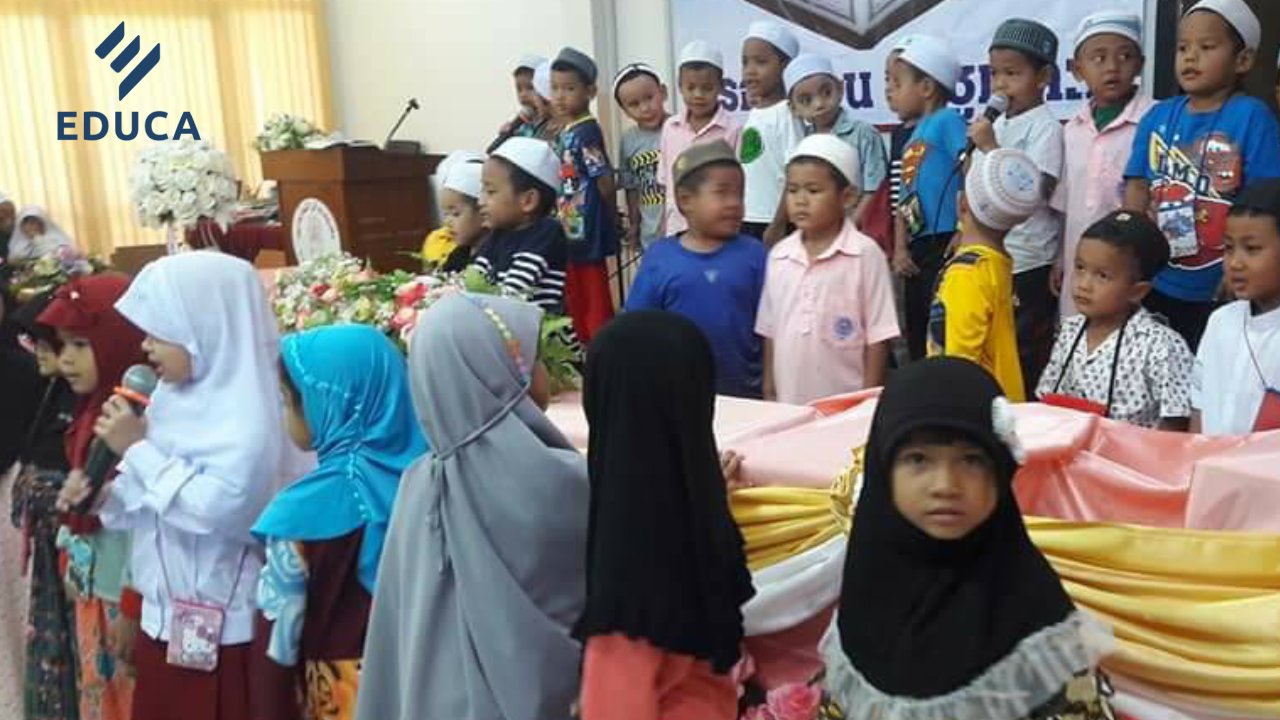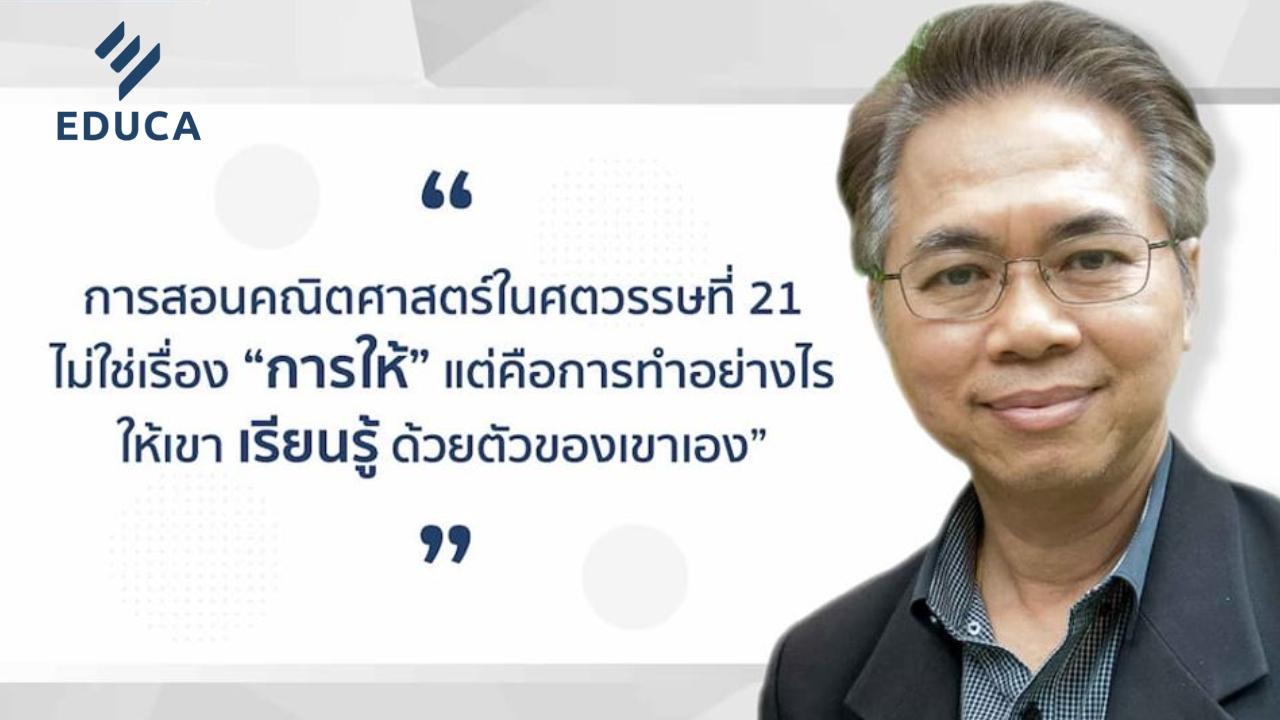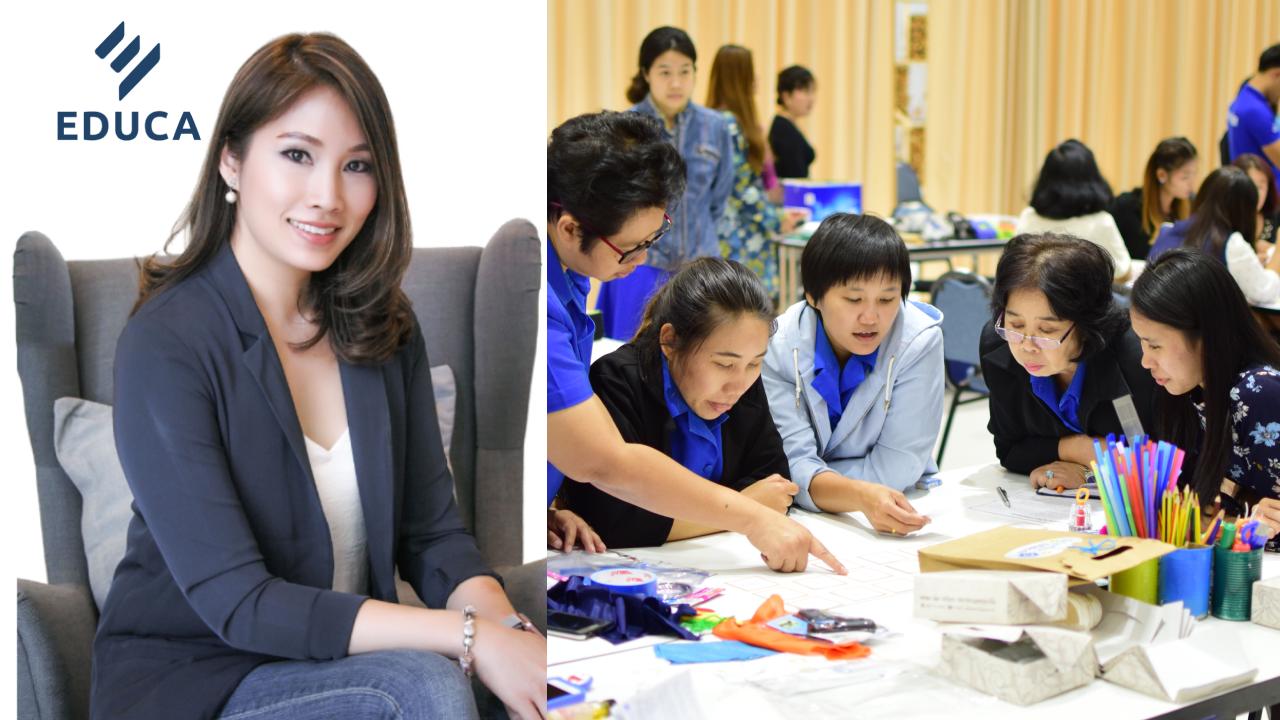WORKSHOP
Communicative Language Teaching (CLT): Interaction for Learning English (บรรยายเป็นภาษาอังกฤษ/ Conducted in English)

16 ต.ค. 62 9.00-12.30 SAPPHIRE 106
Ra-shane Meesri, Ph.D - Faculty of Education, Chulalongkorn University
ระดับชั้น : มัธยมศึกษาตอนต้น, มัธยมศึกษาตอนปลาย
กลุ่มสาระการเรียนรู้ : ภาษาต่างประเทศ
เหมาะสำหรับ : หัวหน้ากลุ่มสาระวิชา, ครู, นิสิต/นักศึกษาครู , ศึกษานิเทศก์
ศาสตร์การสอน : การออกแบบการจัดการเรียนรู้, การใช้สื่อและเทคโนโลยีในการจัดการเรียนรู้
Communicative Language Teaching (CLT): Interaction for Learning English
Communicative competence includes the following aspects of language knowledge: knowing how to use language for a range of different purposes and functions, knowing how to vary our use of language according to the setting and the participants (e.g., knowing when to use formal and informal speech or when to use language appropriately for written as opposed to spoken communication), knowing how to produce and understand different types of texts (e.g., narratives, reports, interviews, conversations), knowing how to maintain communication despite having limitations in one’s language knowledge (e.g., through using different kinds of communication strategies). In recent years, language learning has been viewed from a very different perspective. It is seen as resulting from processes such as: interaction between the learner and users of the language, collaborative creation of meaning, creating meaningful and purposeful interaction through language, negotiation of meaning as the learner and his or her interlocutor arrive at understanding, learning through attending to the feedback learners get when they use the language, paying attention to the language one hears (the input) and trying to incorporate new forms into one’s developing communicative competence, trying out and experimenting with different ways of saying things. The Kinds of Classroom Activities That Best Facilitate Learning With CLT began a movement away from traditional lesson formats where the focus was on mastery of different items of grammar and practice through controlled activities such as memorization of dialogs and drills, and toward the use of pair work activities, role plays, group work activities and project work.
Activity Type: Workshop



